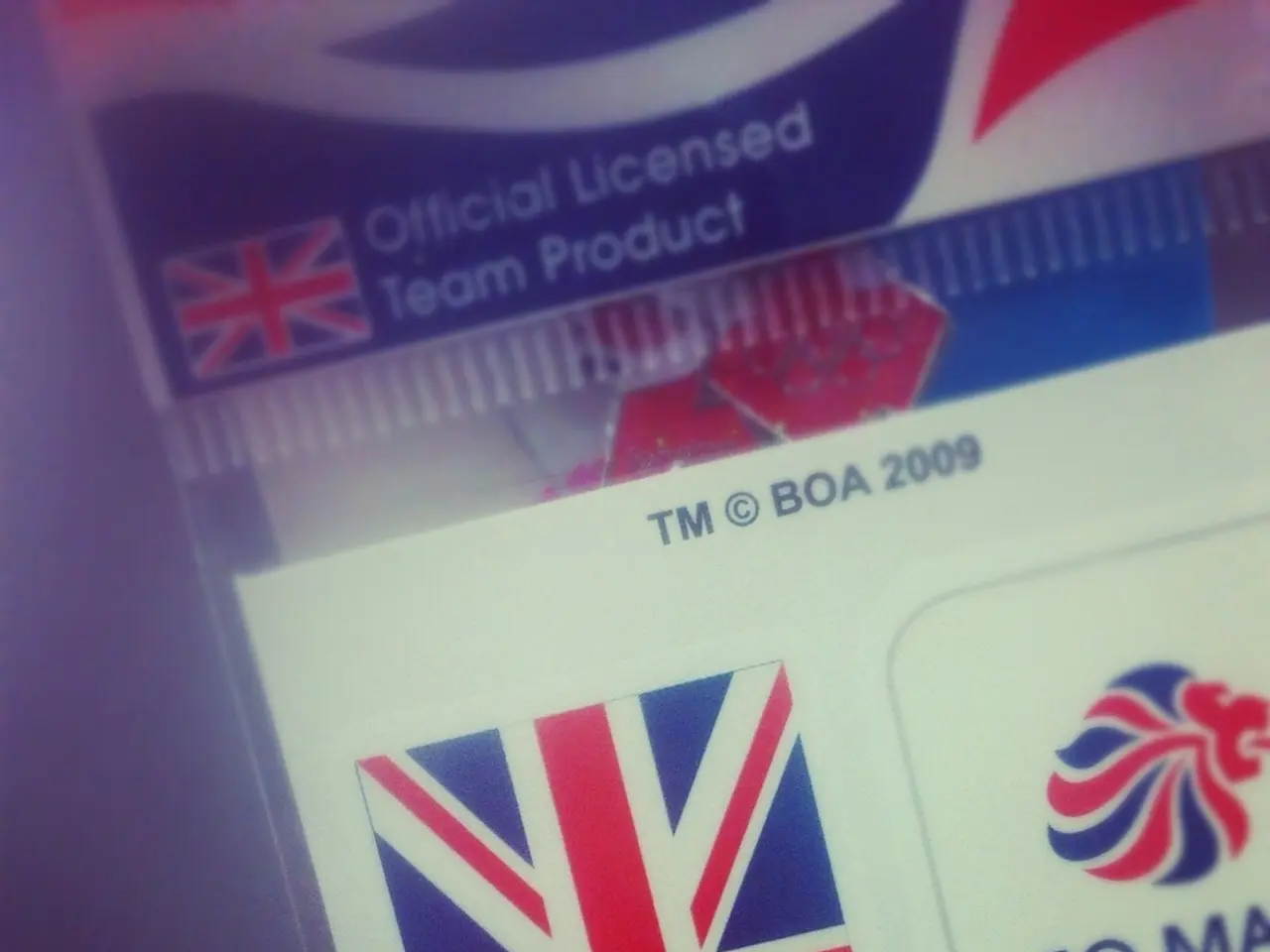The ISO 18013-5 Standard Explained
ISO 18013-5: Paving the Way for Secure and Interoperable Mobile Driver's Licenses
The International Organization for Standardization (ISO) and the International Electrotechnical Commission (IEC) have developed a groundbreaking standard, ISO 18013-5, designed to ensure the secure and interoperable implementation of mobile driver's licenses (mDLs) across the globe.
This standard provides a foundation for the widespread adoption of trustworthy, privacy-preserving, and cross-jurisdictional mDLs. By establishing a common technical specification, it enables mobile driver's licenses issued by different authorities to be recognised and validated reliably worldwide.
Enhanced Security and Privacy
ISO 18013-5 incorporates strong cryptographic measures, such as approved algorithms from NIST, to maintain the security and integrity of mDLs. This means that these licenses cannot be easily forged or tampered with. The standard also enables selective disclosure, allowing users to share only the necessary data with verifiers, thereby protecting their privacy.
Interoperability and Convenience
The standard facilitates interoperability across states and countries, making it easier for mDLs to be recognised and verified in different jurisdictions. This is particularly beneficial for cross-border travel and transactions. Furthermore, mDL holders can decide which data elements to release to a verifier, and verifiers can authenticate the credential's legitimacy without needing to connect centrally with the issuing authority in real time, increasing convenience and security.
Operational Efficiency for Governments
ISO 18013-5 supports digital issuance and renewal processes, helping reduce administrative costs and streamline management for governments. It also allows for secure remote updates, enabling users to update details like addresses or renew licenses conveniently.
Benefits for Individuals
For individuals, the standard offers enhanced personal security, ensuring that digital IDs are secure and tamper-proof. It also provides convenience and control, allowing individuals to maintain control over their personal data through selective data-sharing options. mDLs designed under this standard are recognised across different jurisdictions, simplifying travel and verification both locally and internationally.
Benefits for Businesses
The standard provides businesses with a reliable and secure method for verification, reducing customer onboarding time and enhancing user experience. Implementing the standard helps businesses manage compliance requirements more effectively, protecting customer data and reducing costs related to data management.
Challenges in Developing a Global mDL Standard
Creating a universal mDL standard presents challenges such as regulatory differences, technological challenges, and cross-border compatibility. However, with the rapid shift towards digital transformation and the need for secure, standardized mobile driver's licenses, ISO 18013-5 is a crucial step towards achieving this goal.
In conclusion, ISO 18013-5 is a foundational enabler for the widespread implementation of trustworthy, privacy-preserving, and interoperable mobile driver's licenses worldwide, facilitating digital transformation in identity credentials while maintaining security and user empowerment.
The standard can potentially revolutionize data-and-cloud-computing for various industries by streamlining the verification process, reducing reliance on physical documentation.
Furthermore, the secure implementation of mDLs, relying on technology like approved cryptographic measures, has the potential to significantly enhance the finance sector's security in terms of identity verification, combating fraud, and maintaining confidentiality.




